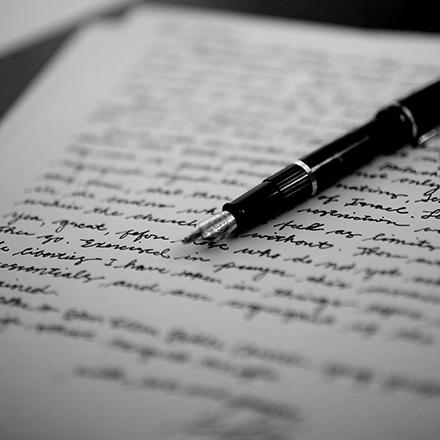Writing Samples:
Writing samples should showcase a candidate’s writing skills and demonstrate their ability to break down complex scientific concepts or controversies for a general audience. Writing samples should be submitted as a single PDF file and may include many short pieces, a few longer ones, or a mix of both. Samples do not need to be published works.
We welcome original articles written specifically for the application, and we encourage applicants to provide context about their work. If a piece has benefited from an editor’s or teacher’s hand, or represents a collaboration, please say so. In selecting your samples, be aware that journal articles or other purely scientific publications tell us little about your ability to write for general audiences and should not be included. Media files may be submitted as links with the supplementary material.
Supplemental Essay:
This 500- to 1,500-word statement or essay addresses an applicant’s ability to confront scientific and technical complexity in their writing. You might tell the admissions committee about your experience as a bench scientist or how you’ve addressed comparable complexity through writing in non-scientific fields. You might discuss your reading habits or interests insofar as they bear on your relationship to science and technology. You may take any approach that leaves the admissions committee better able to evaluate your ability to clearly write about science for a lay reader.
We also require applicants to briefly describe one or two early tentative ideas for a thesis, either as part of the essay or directly below it. Admitted students are not required to research these ideas for their actual thesis, but we would like to get an idea of your interests and how you would approach a project of that length and scope.

